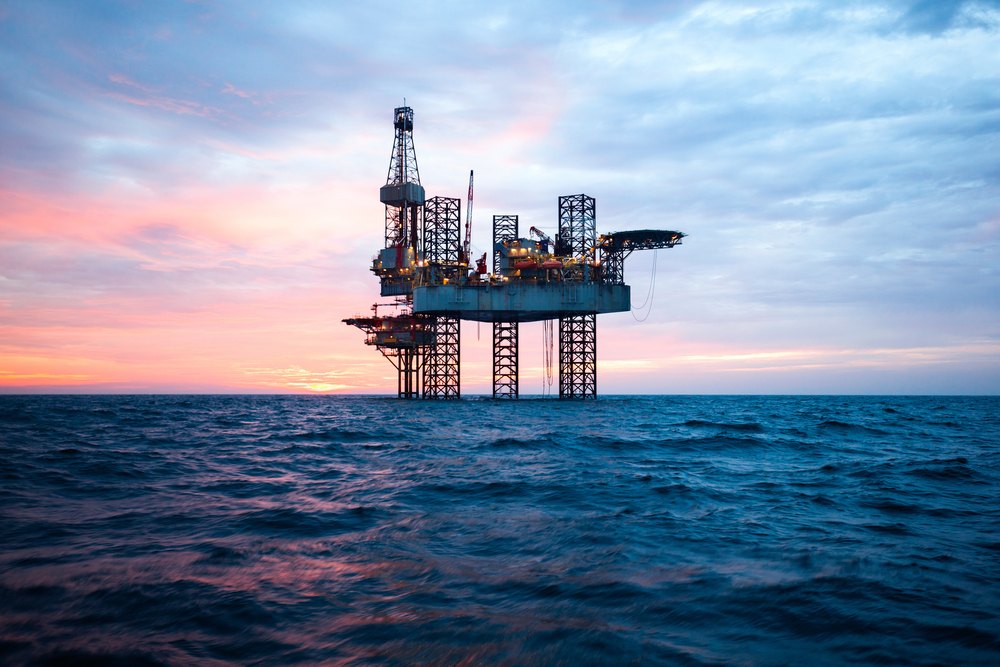

This course encompasses the activity of designing blast-resistant structures for oil, gas and petrochemical facilities with priority given to safety, stability and risk management. It includes an analysis of loads induced by explosions, selection of appropriate materials, and fundamental engineering constructions to ensure the safety of humanity and different facilities in case of explosions and other dangerous attackers.
| City | Start Date | End Date | Fees | Register | Enquire | Download |
|---|---|---|---|---|---|---|
| Dubai | 23-06-2025 | 27-06-2025 | 4300 $ | Register | Enquire | |
| Dubai | 07-07-2025 | 11-07-2025 | 4300 $ | Register | Enquire | |
| Casablanca | 14-07-2025 | 18-07-2025 | 4950 $ | Register | Enquire | |
| Madrid | 21-07-2025 | 25-07-2025 | 6200 $ | Register | Enquire | |
| Istanbul | 28-07-2025 | 01-08-2025 | 4950 $ | Register | Enquire | |
| London | 04-08-2025 | 08-08-2025 | 6200 $ | Register | Enquire | |
| Singapore | 11-08-2025 | 15-08-2025 | 5500 $ | Register | Enquire | |
| Kuala Lumpur | 18-08-2025 | 22-08-2025 | 4950 $ | Register | Enquire | |
| Rome | 25-08-2025 | 29-08-2025 | 6200 $ | Register | Enquire | |
| Cairo | 01-09-2025 | 05-09-2025 | 3950 $ | Register | Enquire | |
| Dubai | 08-09-2025 | 12-09-2025 | 4300 $ | Register | Enquire | |
| London | 15-09-2025 | 19-09-2025 | 6200 $ | Register | Enquire | |
| Amsterdam | 22-09-2025 | 26-09-2025 | 6200 $ | Register | Enquire | |
| London | 06-10-2025 | 10-10-2025 | 6200 $ | Register | Enquire | |
| Madrid | 20-10-2025 | 24-10-2025 | 6200 $ | Register | Enquire | |
| Bali | 27-10-2025 | 31-10-2025 | 4950 $ | Register | Enquire | |
| London | 03-11-2025 | 07-11-2025 | 6200 $ | Register | Enquire | |
| Paris | 10-11-2025 | 14-11-2025 | 6200 $ | Register | Enquire | |
| Amsterdam | 24-11-2025 | 28-11-2025 | 6200 $ | Register | Enquire | |
| London | 01-12-2025 | 05-12-2025 | 6200 $ | Register | Enquire | |
| Madrid | 08-12-2025 | 12-12-2025 | 6200 $ | Register | Enquire | |
| Dubai | 22-12-2025 | 26-12-2025 | 4300 $ | Register | Enquire |
This training course on the design of buildings and structures for oil, gas, and petrochemical facilities, considering their resistance to explosions, focuses on dynamic material strength, the effects of explosion loading, and blast-resistant design for concrete and steel structures.
Participants will learn about new generation materials such as Carbon Fiber Reinforced Polymer (CFRP), which prevent structures from blast loads, and how to conduct dynamic analysis. The course content is based on the latest ASCE publication on the Design of Blast-Resistant Buildings in Petrochemical Facilities.
The training will target planning processes in design management, particularly regarding overall resource requirements for constructing structures in oil and gas facilities. Various effective learning strategies will be employed to enhance participants' comprehension and retention of the material.
This course meets the current demands of the oil and gas industry regarding the need for infrastructure that can withstand extreme conditions. By focusing on shielding against explosion threats, we will explore blast-resistant design at both structural and occupancy levels, including the increased application of blast-resistant modular buildings in these facilities.
Participants’ competencies in this training on blast-resistant design of buildings and structures for oil and gas petrochemical processes will include:
Unit 1: Design Codes and Load Conditions
Unit 2: Blast Load Dynamics
Unit 3: Material Behavior Under Blast Load
Unit 4: Case Study Workshop
Unit 5: CFRP in Blast Resistance




.jpg)














